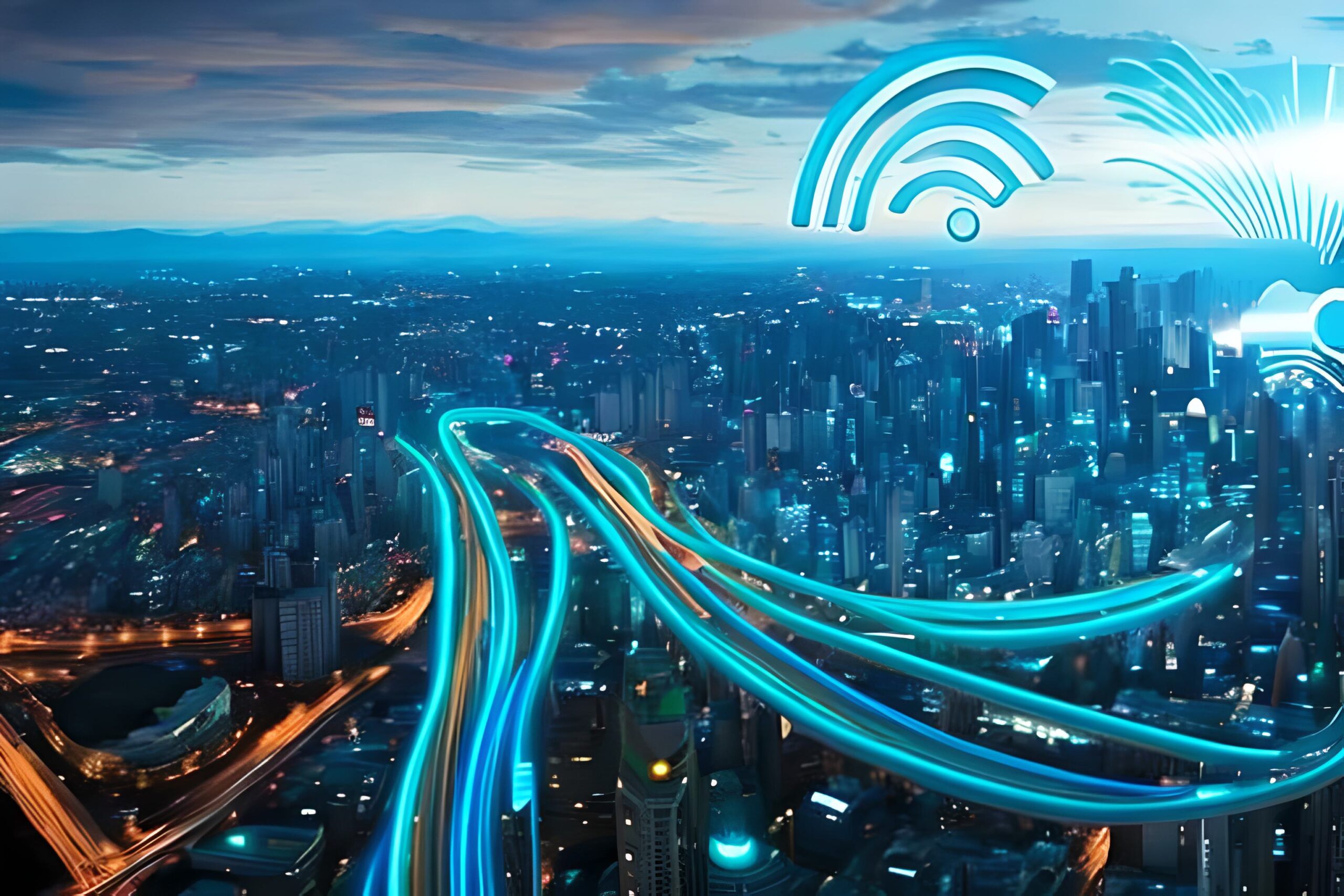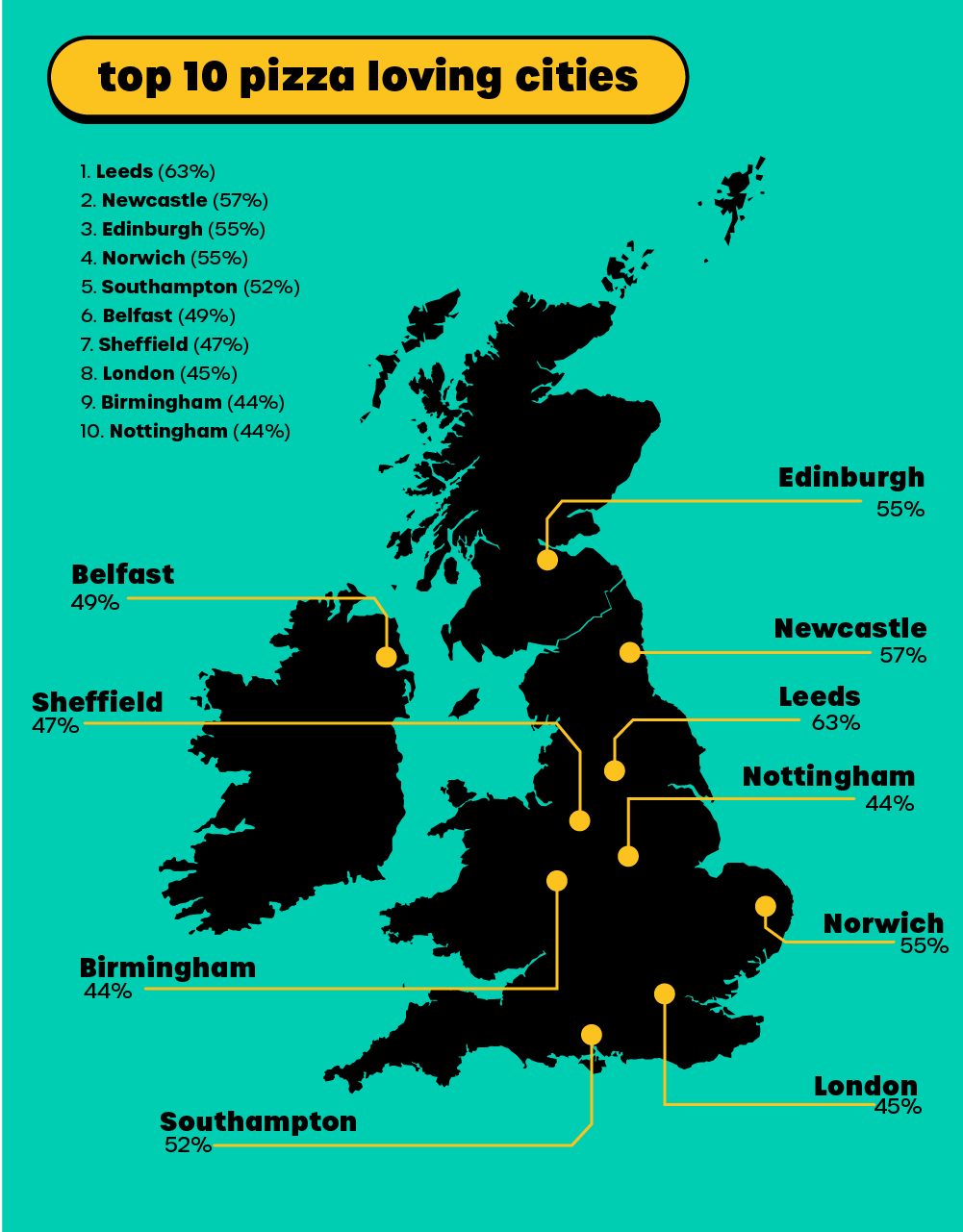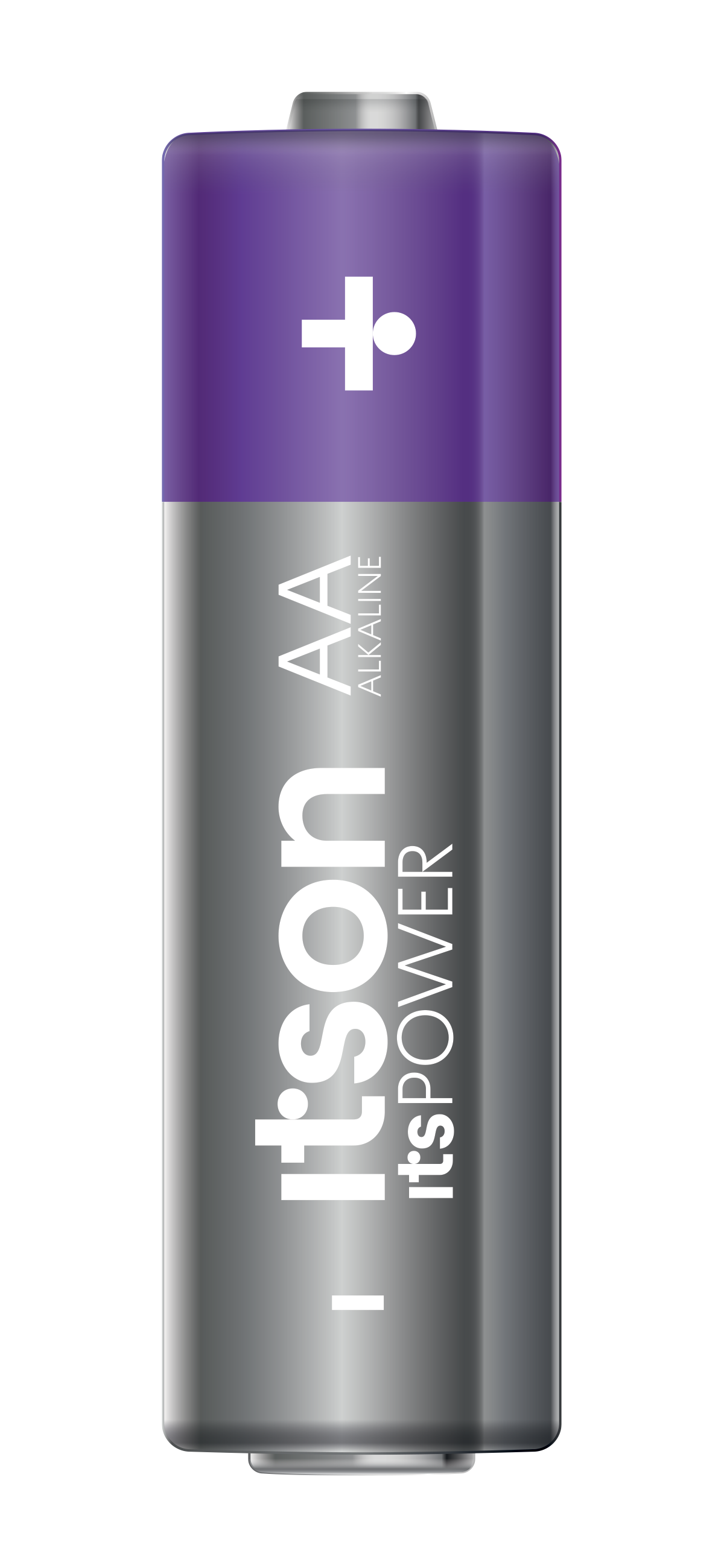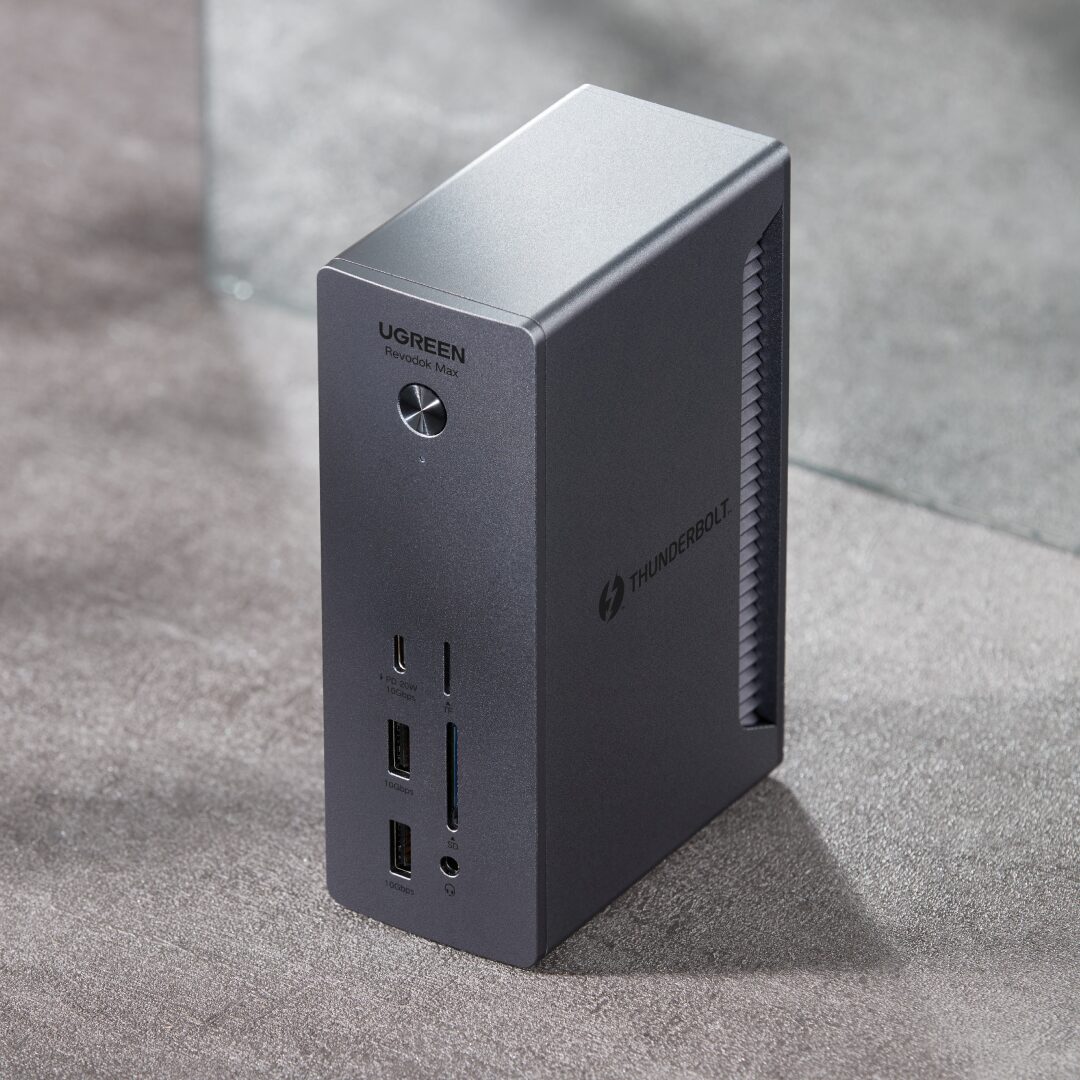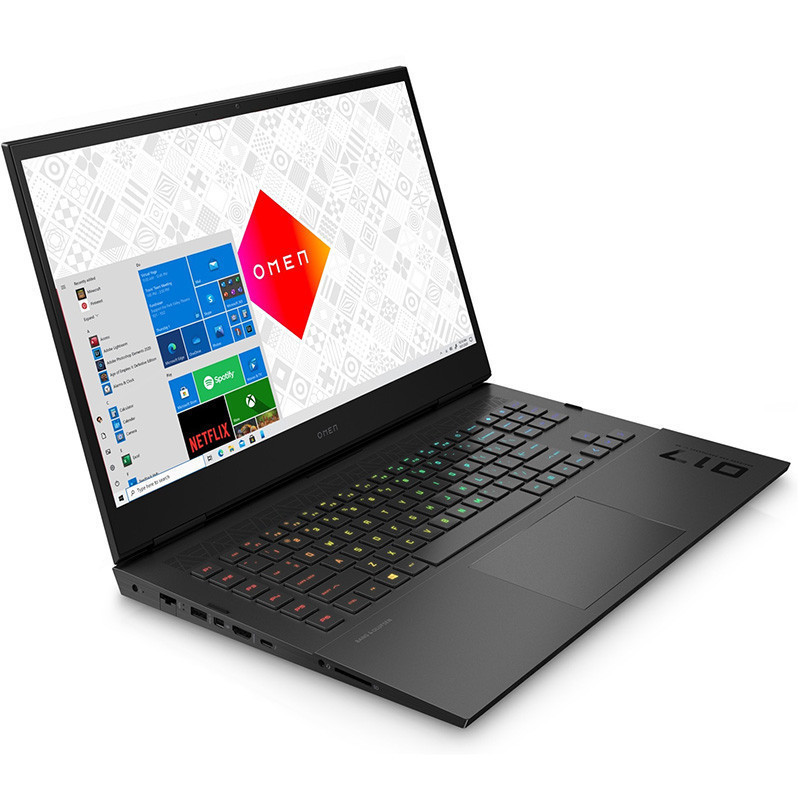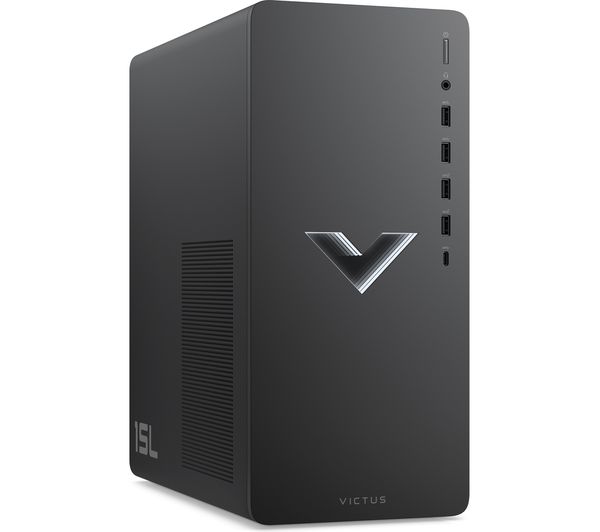Public Wi-Fi hotspots are everywhere these days, from coffee shops and airports to libraries and hotels. While they’re convenient for staying connected on the go, they also pose a serious security risk. Public Wi-Fi hotspots are notoriously insecure, making it easy for hackers to intercept your data and steal your personal information. That’s why it’s important to use a VPN when connecting to public Wi-Fi.
How a VPN Protects You on Public Wi-Fi
A VPN encrypts your internet traffic, making it impossible for hackers to intercept your data. When you connect to a public Wi-Fi hotspot without a VPN, anyone on the same network can potentially see everything you’re doing online. However, when you use a VPN, your data is encrypted and tunnelled through a secure server, making it impossible for anyone to intercept it.
Moreover, a VPN can also hide your IP address, making it difficult for hackers to track your online activity and launch attacks against you. This is especially important when you’re using public Wi-Fi, as it’s easy for hackers to identify your IP address and target you with malware or other cyber-attacks.
Choosing the Right VPN for Public Wi-Fi Security
When choosing a VPN for public Wi-Fi security, it’s important to choose a reputable provider that offers strong security features. Look for a VPN provider that uses strong encryption protocols and has a no-logging policy to ensure your privacy. Additionally, choose a VPN provider that has a large server network to ensure fast and reliable connections.
Other Steps You Can Take to Protect Yourself on Public Wi-Fi
While using a VPN is a crucial step in protecting your online security and privacy on public Wi-Fi, there are other steps you can take to further enhance your protection. For example, you can disable file sharing, turn off Wi-Fi when you’re not using it, and avoid accessing sensitive information, such as bank accounts or credit card details, when connected to public Wi-Fi.
Conclusion
Using a VPN is an essential step in protecting your online security and privacy when using public Wi-Fi. It encrypts your internet traffic, hides your IP address, and makes it impossible for hackers to intercept your data. However, it’s important to choose a reputable VPN provider that offers strong security features and to take other steps to protect yourself, such as disabling file sharing and avoiding sensitive information. With the right tools and mindset, you can enjoy the convenience of public Wi-Fi without putting yourself at risk.


